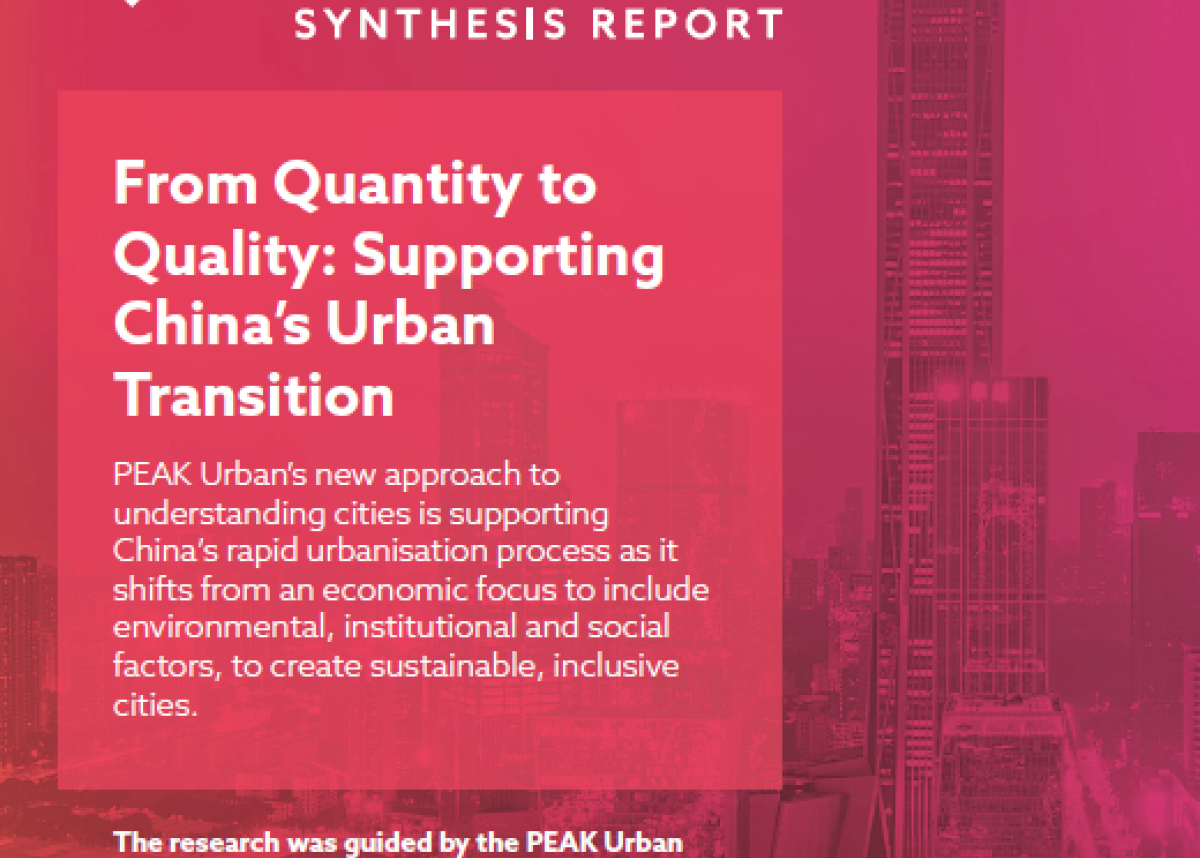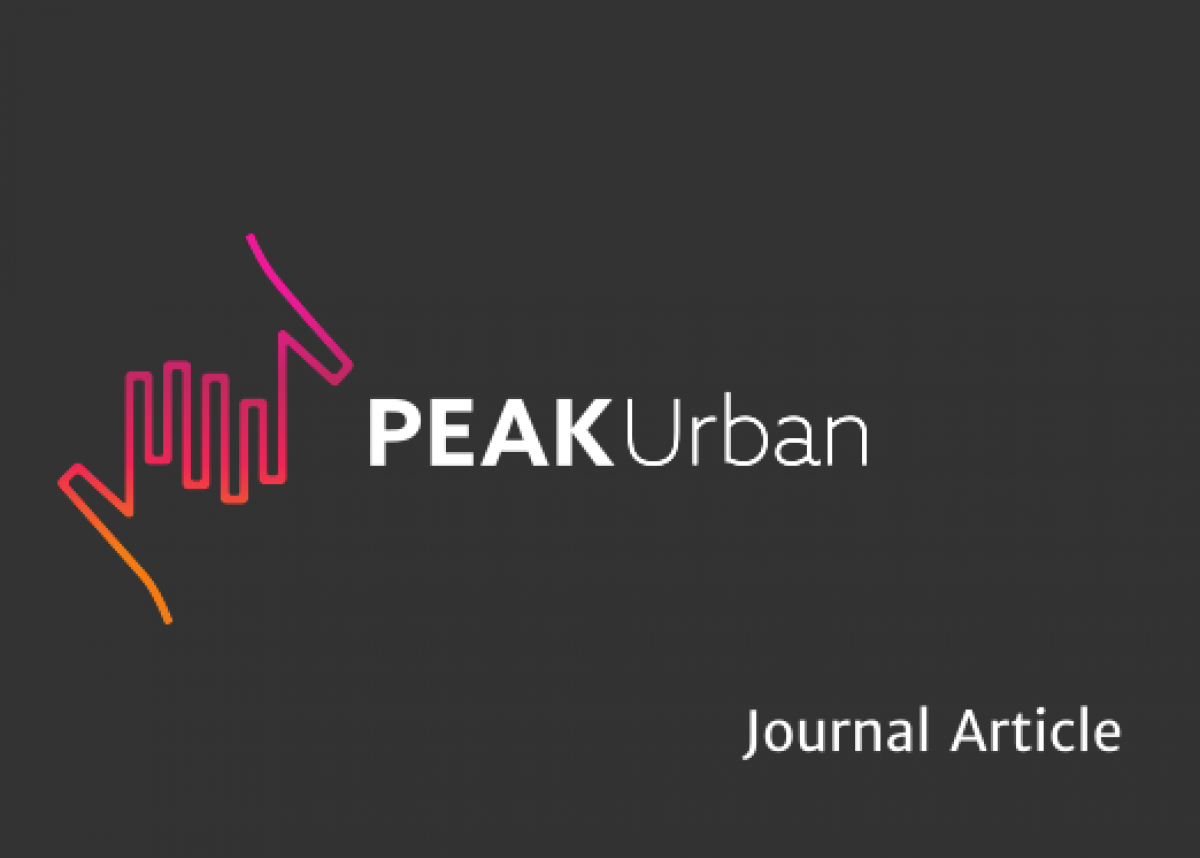
Land use and travel burden of residents in urban fringe and rural areas: An evaluation of urban-rural integration initiatives in Beijing
Accessibility to job markets and public facilities in the urban fringe and surrounding rural areas is a vital issue in relation to sustainable land use in large cities.
Urban-rural integration initiatives have been addressed in China’s land use planning in order to reduce the gap in the quality of life between the urban and rural population. This paper aims to examine urban-rural integration initiatives from the perspective of travel burden in the urban fringe and rural areas by looking at Beijing as a case study.
By analysing the data from 76,761 questionnaires, residents’ travel burden in the urban, urban fringe and surrounding rural areas is compared quantitatively, and land use characteristics leading to the difference of travel burden are discussed by regression.
The results show that there are significant differences in travel burden among residents living in different areas. Travel time and cost in the urban fringe areas are significantly higher than both the urban and rural areas. Fewer employment opportunities and lack of public service facilities in urban fringe areas are the main factors in this difference. In addition, those who live in the urban fringe have a higher proportion of car ownership than urban residents.
Thus, there may be a phenomenon of “forced car ownership” among urban fringe residents, as low accessibility to jobs and public services (including public transit services) necessitates owning a car. It seems that the current urban-rural integration initiatives play a limited role in promoting accessibility to the job market and public facilities in the urban fringe. Stronger land use policies are needed to enhance the quality of life in the urban fringe within the context of rapid urban sprawl in China’s cities.

